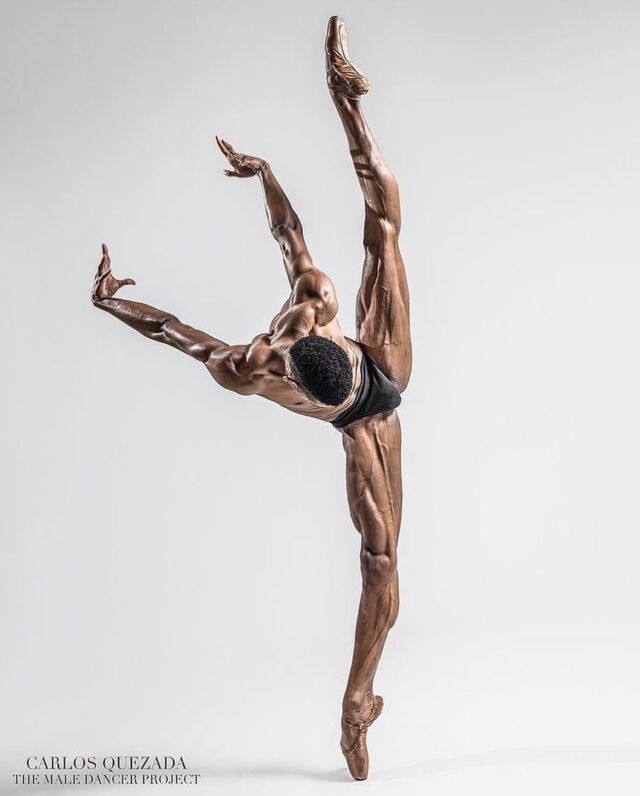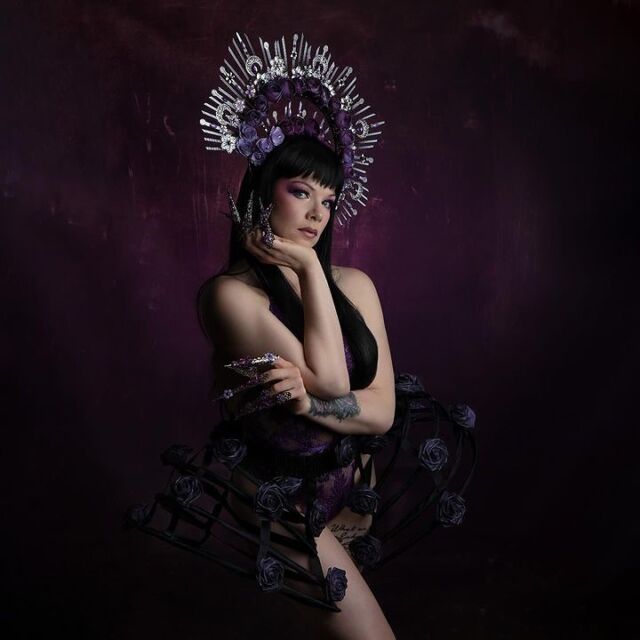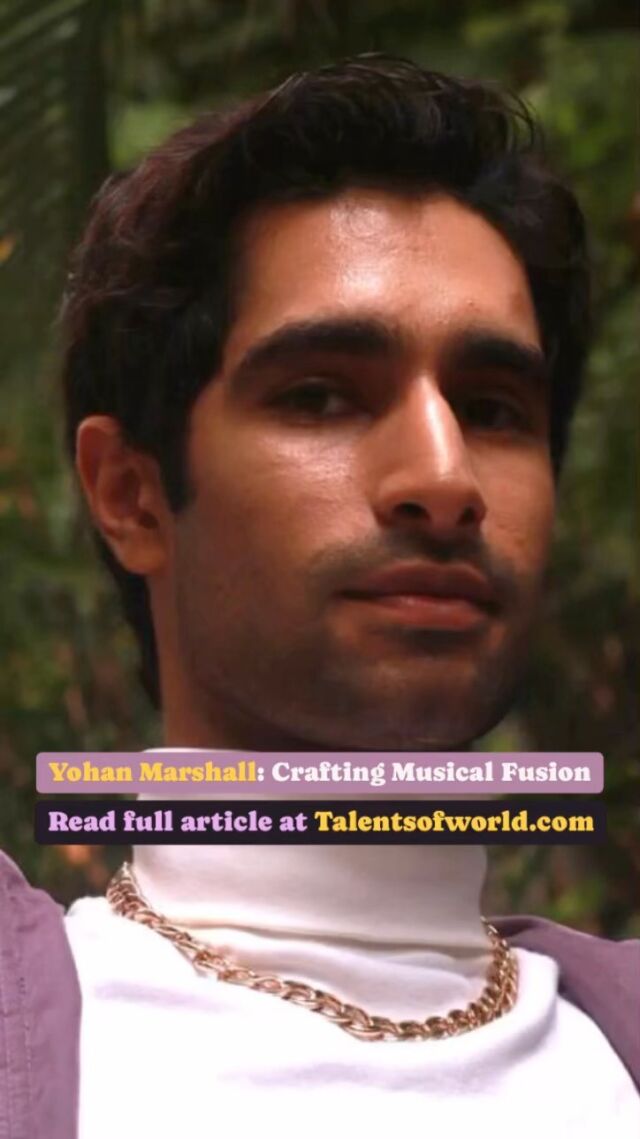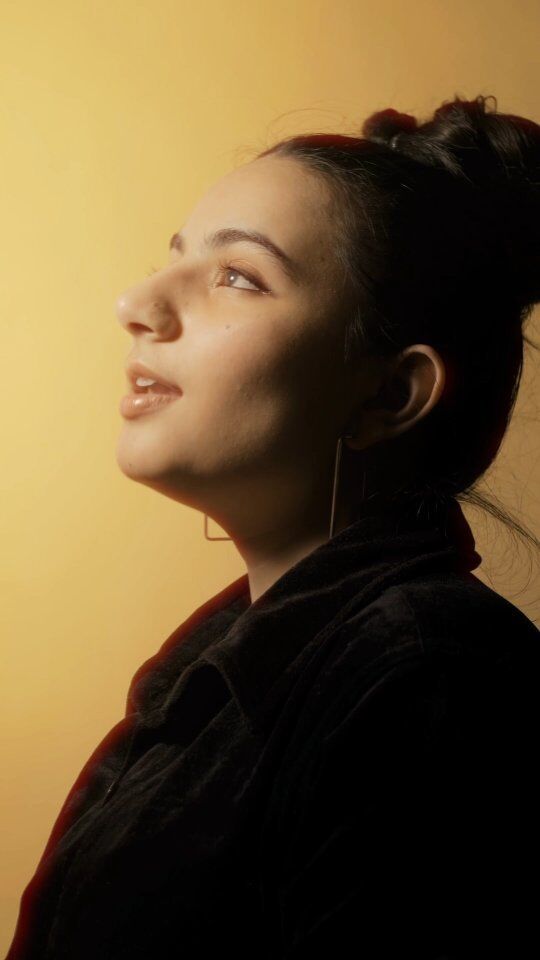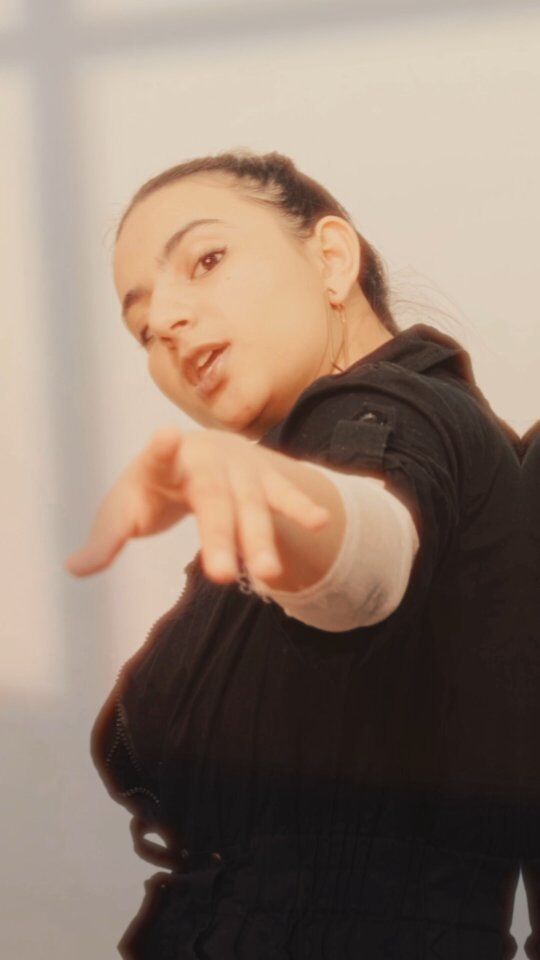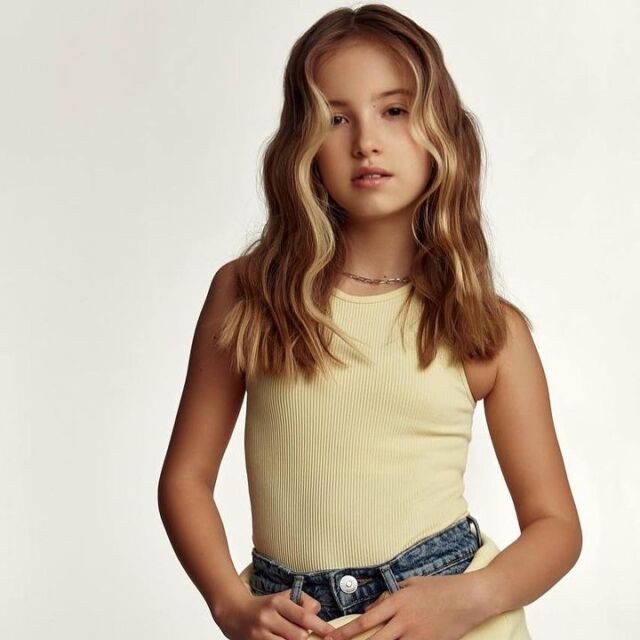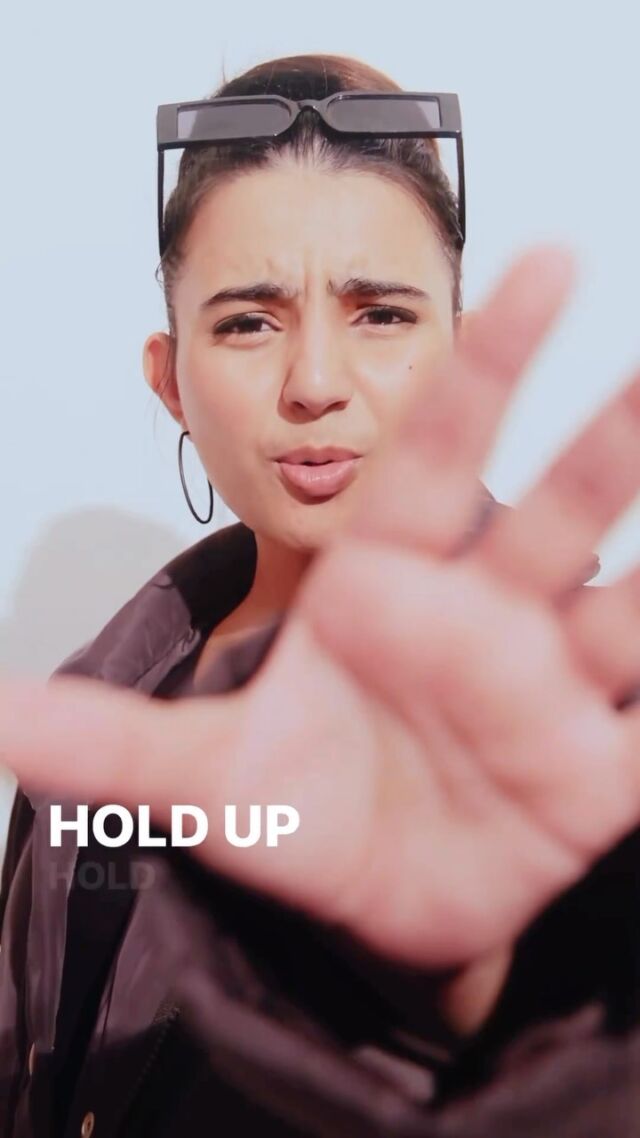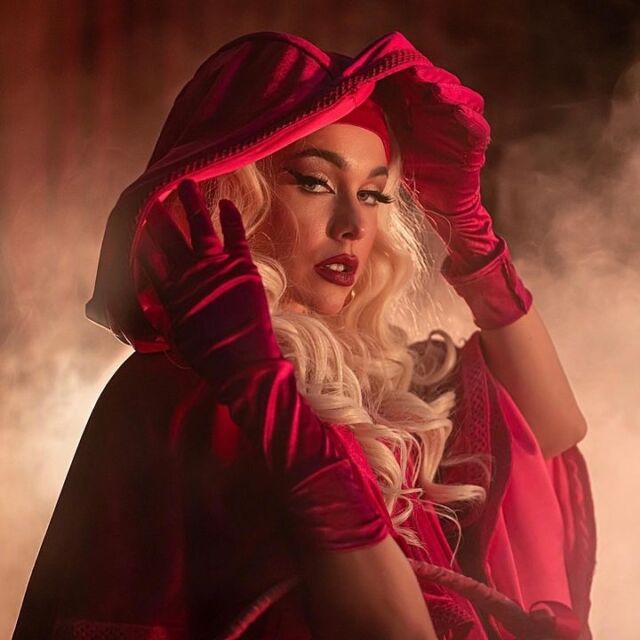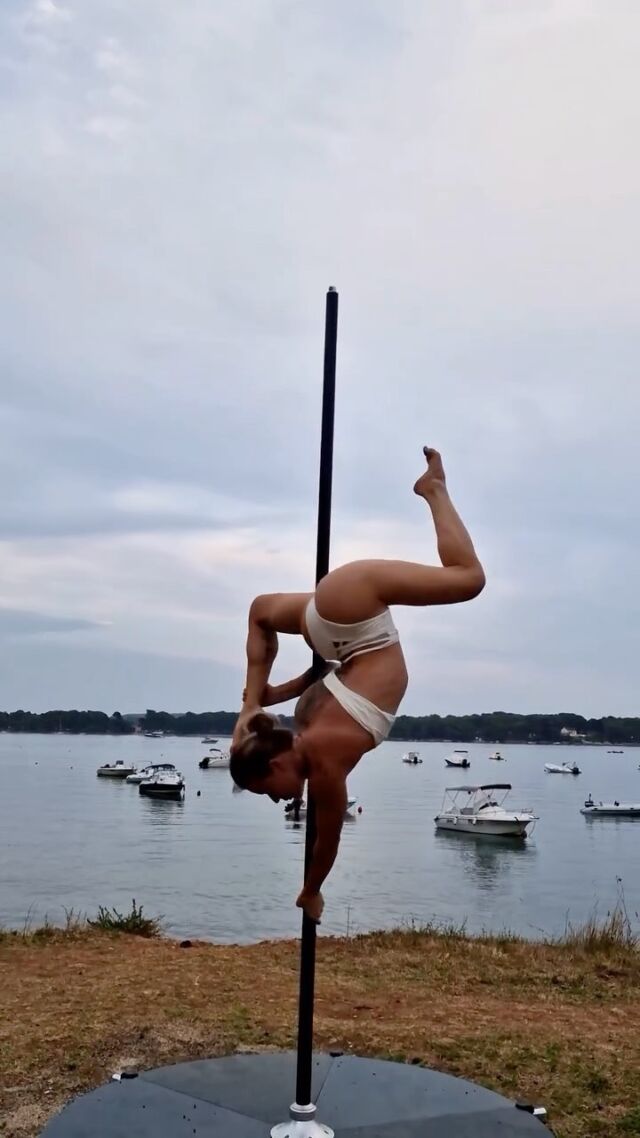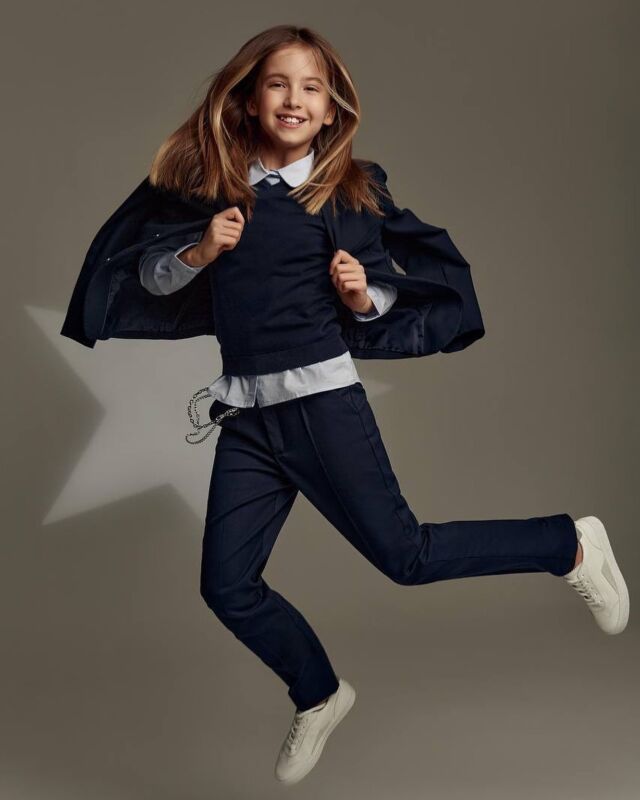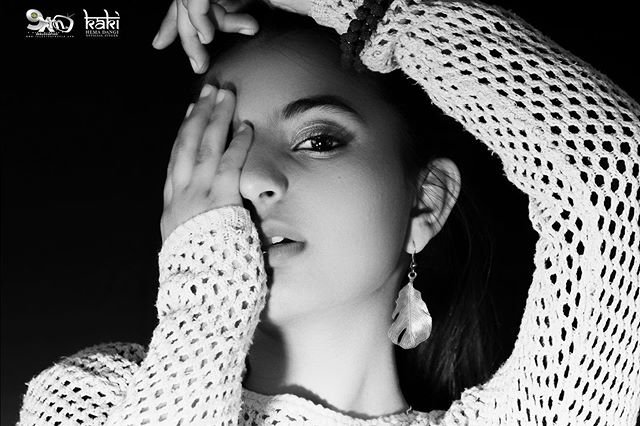“Apples Never Fall,” premiering Thursday on Peacock, is the third Liane Moriarty book to be adapted for television, following HBO’s “Big Little Lies” and Hulu’s “Nine Perfect Strangers.” But if you told me it was the 10th, I’d believe you, given how familiar it all feels. The seven-episode mini-series is so well-oiled and unsurprising, it just glides on by.
Annette Bening and Sam Neill star as Joy and Stan Delaney, pillars of West Palm Beach, Fla., who are, as the central couples in these kinds of shows always are, seemingly perfect but secretly damaged. They’ve just sold their tennis academy and are balking at the alleged freedoms of retirement, which Joy thought she’d spend with her four adult children.
However, the kids don’t want to hang out with their hovering mom and volatile, bitter dad; they want to have their own lives of not-very-quiet desperation. Troy (Jake Lacy) is the clenched-jaw rich brother, at the tail end of a divorce from a woman everyone else really liked. Amy (Alison Brie) is the “searcher,” as her mother puts it, an aspiring life coach who would be perfectly at home on any show set in California. Logan (Conor Merrigan Turner) wants to be beachy, not sporty, so he works at a marina and does yoga. Brooke (Essie Randles) is a high-strung physical therapist who is supposed to be planning her wedding but may be getting cold feet.
They probably would have kept on like that, except Joy has disappeared. And hmm, now that you mention it, there was that weird con artist, Savannah (Georgia Flood), who ingratiated herself into Joy and Stan’s life under very dubious circumstances. She couldn’t have something to do with it, could she? Well, we better bounce between two timelines to make sure: The days since Joy’s disappearance tick ahead in one timeline as we excavate all the mean family dinners from eight months ago in the other.
The show hits its steady simmer with tense competence and with some good lines. “I didn’t know how to fix it, so I broke it,” Troy says of his marriage, though it applies to all the siblings and their behaviors pretty equally.
All the best scenes are fights, and each character has a little trump card stashed away. As with hammers and nails, when you have a piece of incriminating intelligence about a relative, everything looks like an opportunity to deflect negative attention from yourself and hurt someone else. The children learned this kind of rage distribution and mistrust from Stan, whose rigidity and cruelty, particularly as a tennis coach, fell largely on Troy. Troy thinks his father knows more about his mother’s disappearance, and he’s frustrated — nay, enraged! — by his siblings’ reluctance to see their father as a brute.
And if “Apples” were just a domestic drama, that would probably be enough to sustain a story. But the show is also a missing-person mystery that is nowhere near as mysterious as it seems to think it is. When Savannah rings the Delaneys’ doorbell one night, claiming that she was fleeing her abusive boyfriend and had run right to this very street, a grift is so clearly afoot that the tension is less “hmm, what is really happening?” than “wait, how dumb are these people supposed to seem?” Every scheme is so telegraphed and unsubtle that it is hard to buy into the characters’ capacities to reason.
Mysteries often rely on characters being good liars, on viewers being fooled. To hide in plain sight requires hiding, though, and the show does not deploy any other techniques to cultivate complexity. If anything, it does the opposite: The police officers use their investigation primarily to announce each plot point. (“Well, now we know [a suspect’s] motive!”) There is no humor and little sense of place — the most distinguishing visual feature is the abundance of high ceilings. Even the tennis seems stripped of any psychological resonance.
“Apples” is not selling anything you couldn’t buy elsewhere; it’s a department store, not a fashion house. You can get the exact same scene of “a terrified family of a missing person visits a coroner’s office but finds the wrong body” on the smarter, more provocative “Expats.” You can get the “a storm in Florida also represents a storm [sagely points at heart] in here” on the dumber, high-on-its-own-supply “Extrapolations.”
Or perhaps you prefer something from the vintage collection, in which case you can capture the show’s general vibe by heading over to Hulu and recreating ABC’s Sunday night bloc from 2006-2010: “Desperate Housewives” followed by “Brothers & Sisters.”
That “Housewives” helped inspire the “Real Housewives” franchise, which demonstrated the modern appetite for rich women (some of whom commit crimes) drinking wine and yelling at each other. That formula got classed up by “Big Little Lies,” and, well, here we are again.
Source link









![Growing up learning Indian Classical Music, I’ve developed a deep appreciation for diverse musical genres, and techno is definitely one that has captured my interest. Got inspired to write this track by blending the beautiful melodies of Hindustani classical, particularly Raag Bhairav, with the beats of techno. Excited to share this fusion with you all!
Music by @miladzki
Check it out and vibe with me! 🎶✨
[ techno, newmusic, fusion, indianclassicalmusic, techno, music, kakisinger ]](https://talentsofworld.com/wp-content/uploads/wp-social-ninja/instagram/9xm.tv/18327743320185528_full.jpg)
![Listen to this Version of Dil Kho Gaya
Original Song From the Movie Dil.
Anand-Milind, Udit Narayan, Anuradha Paudwal sung this song
Music by Anand-Milind
Hope you guys like this Rendition of the Classic Song by Kaki Singer.
Like, Share & Comment.
[ Dil, Dil kho Gaya, old songs, Classic Bollywood, old song covers, retro songs, indian old songs, old hindi songs, melodies, kaki singer, Indian singers ]](https://talentsofworld.com/wp-content/uploads/wp-social-ninja/instagram/9xm.tv/17999564600299237_full.jpg)
